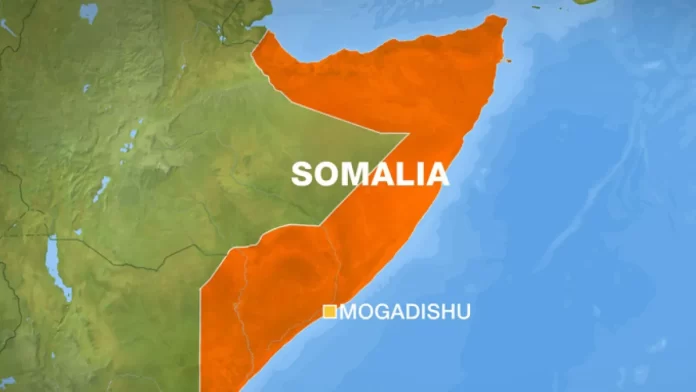WHAT IF ETHIOPIA DENYS SOMALIA’S DEMAND TO BACKOFF ITS CONSULATES?
Somalia’s decision to sever diplomatic relations with Ethiopia, recall its ambassador, and order the closure of Ethiopian consulates in Hargeisa and Garowe has significant implications for the region and raises questions about international law and the role of international organizations such as the United Nations (UN), African Union (AU), and Intergovernmental Authority on Development (IGAD).
This essay will analyze the possible consequences of Ethiopia’s refusal to comply with Somalia’s demands and the potential impact on regional stability.
First and foremost, the severing of diplomatic relations between Somalia and Ethiopia represents a significant escalation of tensions between the two countries. Somalia’s decision to take such drastic actions indicates a serious breakdown in relations, likely stemming from longstanding disputes over territorial claims, political differences, and security concerns. Ethiopia, as a key regional partner, plays a pivotal role in the Horn of Africa and has historically been involved in Somalia’s internal affairs, particularly in relation to the ongoing conflict with Al-Shabaab militants. The sudden rupture in diplomatic ties between the two countries could have far-reaching consequences for security and stability in the region.
If Ethiopia refuses to comply with Somalia’s demands to close its consulates in Hargeisa and Garowe, it could lead to a further deterioration of relations and potentially result in retaliatory measures from Somalia. The continued presence of Ethiopian diplomatic missions in Somali territory against the wishes of the Somali government would likely be viewed as a violation of Somalia’s sovereignty and could lead to heightened tensions and the risk of military confrontation. The international community, including the UN, AU, and IGAD, would likely be called upon to mediate the dispute and prevent a full-blown conflict between the two countries.
From a legal perspective, the actions taken by Somalia to expel Ethiopian diplomats and close consulates in Hargeisa and Garowe raise questions about their compliance with international law and diplomatic norms. The Vienna Convention on Diplomatic Relations of 1961 establishes the rules governing diplomatic relations between states and provides for the immunity of diplomatic personnel and the inviolability of diplomatic premises. If Ethiopia refuses to withdraw its diplomats and close its consulates, Somalia may seek recourse through diplomatic channels, including appealing to international organizations for assistance in resolving the dispute.
The UN, AU, and IGAD have a responsibility to uphold the principles of international law and promote peaceful resolution of conflicts between member states. In this case, these organizations could play a crucial role in mediating between Somalia and Ethiopia and finding an acceptable solution to the diplomatic standoff. The UN Charter, in particular, emphasizes the importance of peaceful coexistence and cooperation among states and encourages member states to resolve disputes through dialogue and negotiation.
As many observers speculate, if Ethiopia chooses to defy Somalia’s demands and maintain its diplomatic presence in Hargeisa and Garowe, it could face international condemnation and isolation. The UN Security Council could be called upon to intervene and impose sanctions on Ethiopia for violating Somalia’s sovereignty and undermining regional stability. The AU and IGAD could also exert pressure on Ethiopia to comply with Somalia’s demands and avoid further escalation of tensions in the region.
In conclusion, the severing of diplomatic relations between Somalia and Ethiopia and the subsequent expulsion of Ethiopian diplomats and closure of consulates in Hargeisa and Garowe have significant implications for regional security and international relations. The refusal of Ethiopia to comply with Somalia’s demands could lead to a further deterioration of relations and potential conflict between the two countries. The involvement of international organizations such as the UN, AU, and IGAD is crucial in mediating the dispute and preventing a broader crisis in the Horn of Africa. Ultimately, the resolution of this diplomatic standoff will require dialogue, negotiation, and the the pressure to assure the respect for international law and the principles of sovereignty and non-interference.
.





